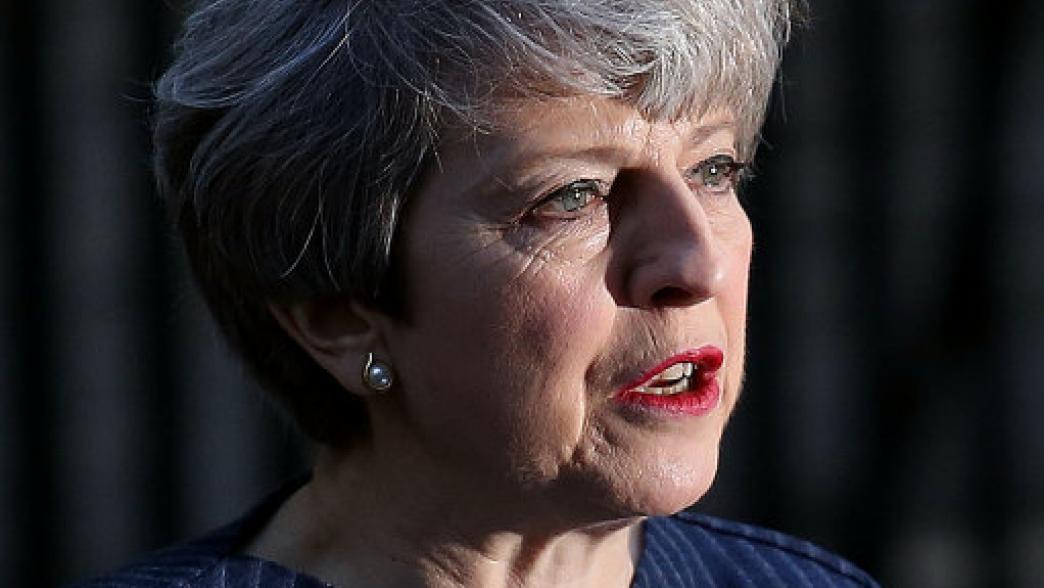The Prime Minister's decision to call a snap election

Theresa May has called an early general election despite previously ruling it out. Bronwen Maddox looks at the factors that will have influenced her decision.

Theresa May has called an early general election despite previously ruling it out. Bronwen Maddox looks at the factors that will have influenced her decision.
New IfG research sets out why parliamentarians are struggling to hold regulators to account – and what they could do better.
The prime minister should not be allowed to abdicate decisions about how to pay for his spending pledges.
These elections will be the last major test of public opinion before the coming general election – but are important in their own right.
MPs standing down make achieving anything significant in this parliament difficult.